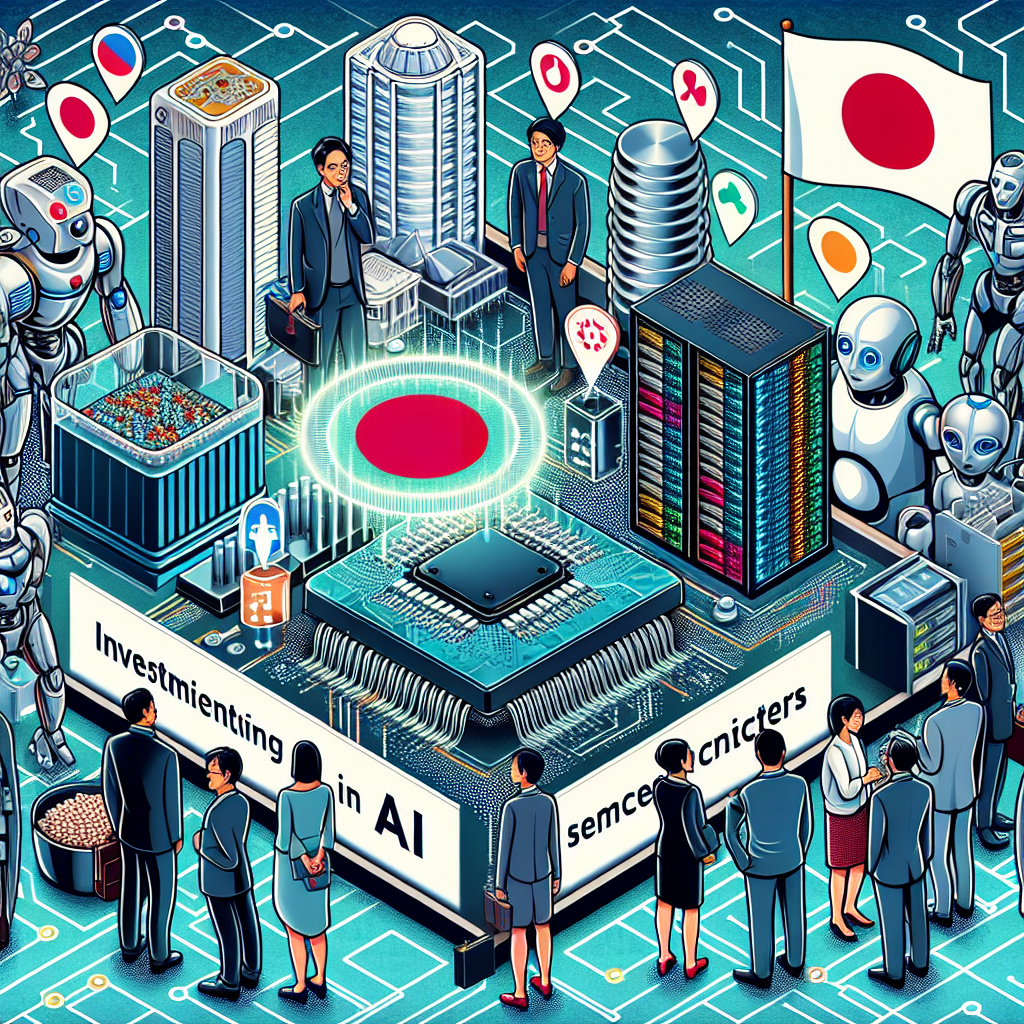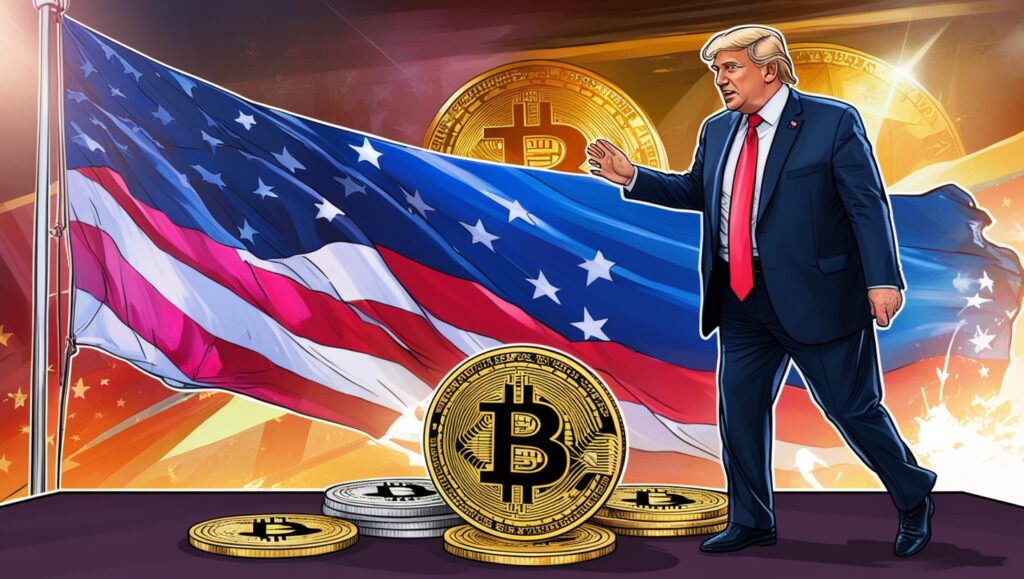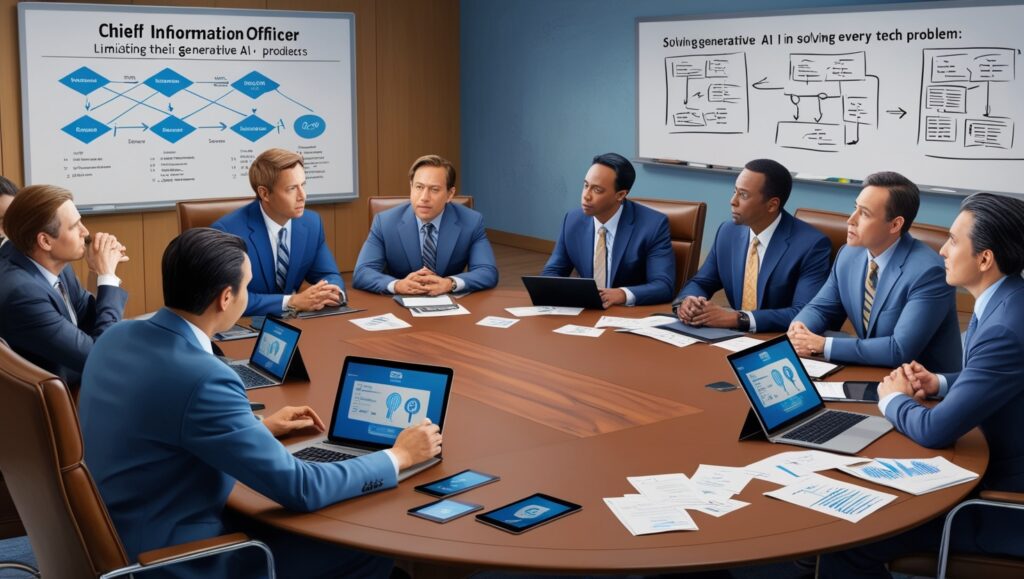Japan used to be seen as the biggest economic threat to the US. Now, it wants to work with the world’s largest economy by directly asking US business leaders to invest in the Asian country’s new tech areas, such as AI, semiconductors, and clean energy.
During a luncheon in Washington with American CEOs, Prime Minister Fumio Kishida expressed that Japan is open to American cooperation in the field of “critical and emerging technology” and gave them the assurance that any investment would benefit both parties.
Japanese entities would fund additional investments into the United States with the economic growth their country receives from these investments.
In advance of a meeting with President Joe Biden on Wednesday that is anticipated to center on defense and economic relations, Kishida is in the US.
According to Kishida, Japan became the largest foreign investor in the US last year with over $750 billion in foreign direct investment, generating over a million employment.
Microsoft (MSFT) revealed shortly before lunch that it would invest $2.9 billion to expand its AI and cloud computing infrastructure in Japan and establish its first Microsoft Research Asia lab there. According to reports, this is the business’s biggest-ever investment in the second-biggest economy in Asia.
Brad Smith, vice chairman and president of Microsoft, was among the over a dozen other executives who attended the event, including Gary Cohn, vice chairman of IBM (IBM), Sanjay Mehrotra, CEO of Micron Technology (MU), Ted Colbert, CEO of Boeing (BA) Defense, Space & Security, and Albert Bourla, CEO of Pfizer (PFE).
As Washington and Tokyo work to modernize their political and military relationship, their corporate ties are becoming closer. Both are keeping a look out for regional dangers, which range from China’s assertiveness in the South China Sea and against Taiwan to North Korea’s nuclear testing and strengthening ties with Russia.
Kishida stated that Japan is being forced to alter its defense strategy due to the world reaching a “historic turning point” due to the world’s escalating geopolitical tensions.
Collaborating on chips
The US Chamber of Commerce in Washington organized the luncheon, where the prime minister commended combined US-Japan investment in the semiconductor industry. IBM and Tokyo-backed chipmaker Rapidus are collaborating to introduce cutting-edge chip technology to Japan.
Rapidus and a US company are collaborating on the research and development of next-generation chips in the semiconductor industry. He added that there will undoubtedly be more chances for Japan and the US to work together in the future.
Japan’s Industry Ministry authorized subsidies for Rapidus earlier this month, up to a maximum of 590 billion yen ($3.9 billion). This is in addition to the government’s already announced subsidies of about 330 billion yen ($2.17 billion).
Rapidus is constructing a semiconductor fabrication plant, or fab, on the island of Hokkaido using technology from IBM. According to the chipmaker’s prior statement to CNN, it plans to commence two-nanometer chip pilot production in April 2025, with mainstream production following in 2027.
Japan used to lead the world’s semiconductor market, but companies like TSMC, Intel (INTC), and Samsung have long since surpassed it.
Rapidus is intended to symbolize the nation’s return to chip manufacturing. It coincides with Washington placing more and more limitations on the kinds of semiconductors that US businesses can sell to China.
The two greatest economies in the world have been emboldening their rivalry in technology in recent years. The US has been working with its allies in Europe and Asia, especially Japan, for the past year to stop selling China sophisticated chipmaking equipment.
Kishida also made an effort on Tuesday to allay concerns regarding the resilience of the Japanese economy, which earlier this year lost its ranking as the third largest in the world to Germany.
He expressed optimism that 2024 will see the Japanese economy fully emerge from the deflationary mood and the scaling down, cost-cutting mindset that had severely affected the country.
With its first rate increase in 17 years last month, Japan ended its period of negative interest rates and made a historic move away from an ambitious monetary easing program that was put in place years earlier to combat persistent deflation.








